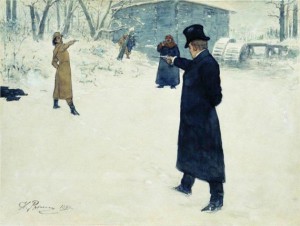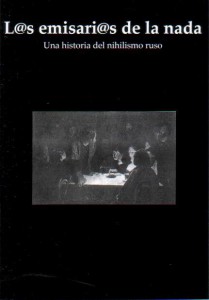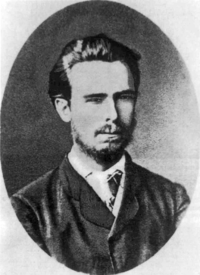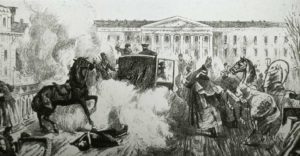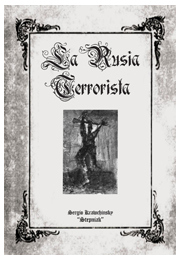«Rusia Subterránea es el testimonio directo de la propaganda y el terrorismo nihilista ruso de finales del siglo XIX. Su autor, Stepniak, participó en las rebeliones de Bosnia (1876) y Benevento junto a Malatesta (1877), participó en la fundación de la sociedad secreta y posterior organización política “Zemlyá i Volya” (Tierra y Libertad) y se hizo famoso tras asesinar al jefe de la policía secreta Mezentsov con una daga en las calles de San Petersburgo en 1878. Escribió diversas obras sobre el movimiento Narodnik (populistas revolucionarios rusos), entre ellas esta breve selección que narra, desde dentro, los orígenes, las acciones y las motivaciones de dos generaciones de militantes y terroristas en Rusia.
Continue reading ESPAÑA: LA RUSIA SUBTERRÁNEA Y LA IMPRENTA CLANDESTINA | S. STEPNIAK



